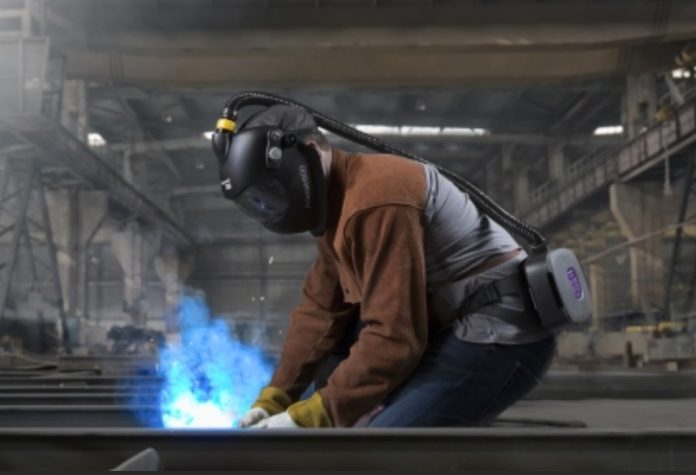The manufacturing industry, which plays a crucial role in the global economy by producing goods essential for our daily lives, heavily relies on efficient production processes that may involve machinery like strapping machines. From cars to smartphones to household appliances, the manufacturing industry plays a significant role in providing the products that we use every day.
However, like any industry, the manufacturing sector faces several challenges that must be addressed to ensure its continued success. In this article, we will discuss some of the challenges faced by the manufacturing industry and explore the opportunities available to overcome them. Visit this site. meetyou
-
Challenges
Global competition: One of the biggest challenges faced by the manufacturing industry is global competition. With the rise of emerging economies, such as China and India, manufacturers in developed countries face stiff competition from low-cost producers. This competition puts pressure on manufacturers to reduce costs and improve efficiency to remain competitive.
-
Changing consumer preferences
Consumer preferences are constantly evolving, and manufacturers must adapt to these changes to remain relevant. For example, the increasing focus on sustainability has led to a rise in demand for eco-friendly products. Manufacturers must invest in research and development to stay ahead of the curve and meet the changing demands of consumers.
-
Rapid technological change
The manufacturing industry is constantly evolving, with new technologies emerging at a rapid pace. This can make it difficult for manufacturers to keep up, particularly for smaller companies with limited resources. However, investing in new technologies can provide a competitive advantage and help manufacturers to improve efficiency and reduce costs.
-
Supply chain disruptions
The COVID-19 pandemic highlighted the vulnerability of global supply chains, with many manufacturers experiencing disruptions to their supply chains due to border closures and reduced production. Manufacturers must have contingency plans in place to mitigate the impact of supply chain disruptions and ensure continuity of operations.
-
Opportunities
Industry 4.0: Industry 4.0, also known as the fourth industrial revolution, is a major opportunity for the manufacturing industry. Industry 4.0 involves the integration of digital technologies, such as artificial intelligence and the Internet of Things, into manufacturing processes. This can help manufacturers to improve efficiency, reduce costs, and enhance product quality.
Reshoring: Reshoring, or bringing manufacturing back to developed countries, is another opportunity for the manufacturing industry. With the increasing focus on supply chain resilience, some companies are looking to reshore production to reduce their reliance on foreign suppliers. Reshoring can also help to create jobs and boost local economies.
-
Sustainable manufacturing
Sustainable manufacturing, which involves reducing the environmental impact of manufacturing processes, is an opportunity for manufacturers to meet the growing demand for eco-friendly products. Adopting sustainable manufacturing practices can also help manufacturers to reduce costs and improve efficiency.
-
Collaborative partnerships
Collaborative partnerships between manufacturers, suppliers, and customers can provide opportunities for manufacturers to share resources and knowledge, reducing costs and improving efficiency. This can also lead to the development of new products and processes.
Conclusion
The manufacturing industry faces several challenges, including global competition, changing consumer preferences, rapid technological change, and supply chain disruptions. However, there are also many opportunities available, including Industry 4.0, reshoring, sustainable manufacturing, and collaborative partnerships.
To succeed in the manufacturing industry, companies must be willing to adapt and invest in new technologies and sustainable practices. Collaborative partnerships and reshoring can also provide opportunities to reduce costs and improve efficiency. With the right approach, the manufacturing industry can overcome its challenges and continue to play a vital role in the global economy.




































